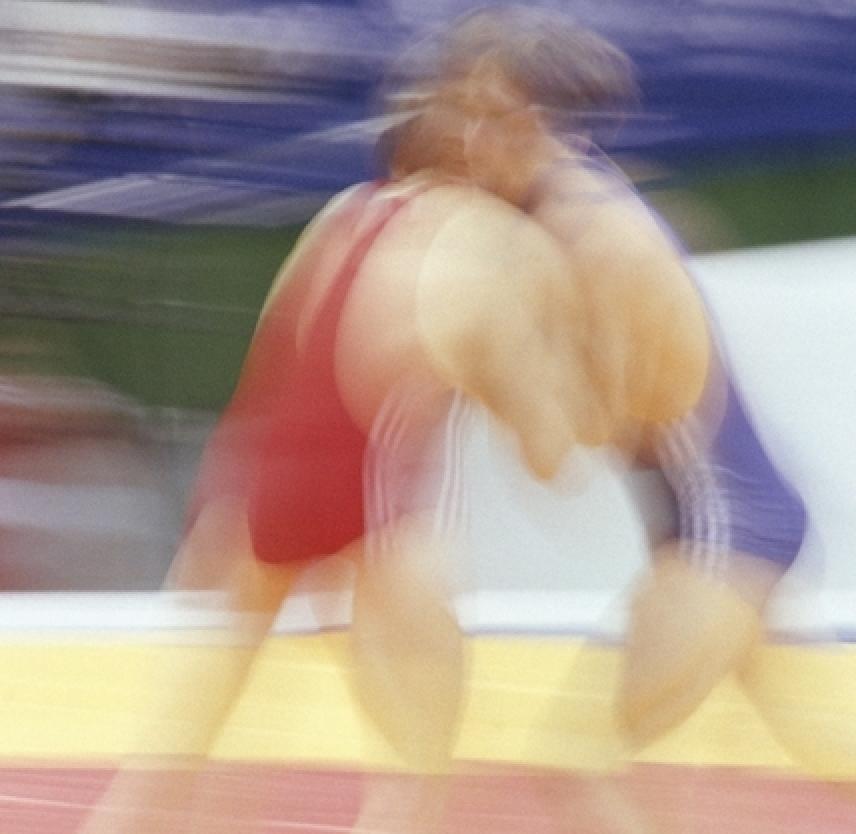
A traumatic brain injury (TBI) is defined as a blow or jolt to the head or a penetrating head injury that disrupts the normal function of the brain. TBI can result when the head suddenly and violently hits an object, or when an object pierces the skull and enters brain tissue. Symptoms of a TBI can be mild, moderate, or severe, depending on the extent of damage to the brain.
Preventing sports-related head injuries
Buy and use helmets or protective head gear approved by the American Society for Testing and Materials (ASTM) for specific sports 100 percent of the time. The ASTM has vigorous standards for testing helmets for many sports; helmets approved by the ASTM bear a sticker stating this. Helmets and head gear come in many sizes and styles for many sports and must properly fit to provide maximum protection against head injuries. In addition to other safety apparel or gear, helmets or head gear should be worn at all times for:
- Baseball and Softball (when batting)
- Cycling
- Football
- Hockey
- Horseback Riding
- Powered Recreational Vehicles
- Skateboards/Scooters
- Skiing
- Wrestling
Head gear is recommended by many sports safety experts for:
- Bull riding
- Martial Arts
- Pole Vaulting
- Soccer
- Vintage Motor Sports
General prevention tips
- Supervise younger children at all times, and do not let them use sporting equipment or play sports unsuitable for their age. Do not let them use playgrounds with hard surface grounds.
- Follow all rules and warning signs at water parks, swimming pools, and public beaches.
- Do not dive in water less than 12 feet deep or in above-ground pools. Check the depth and check for debris in the water before diving.
- Wear appropriate clothing for the sport.
- Do not wear any clothing that can interfere with your vision.
- Do not participate in sports when you are ill or very tired.
- Obey all traffic signals and be aware of drivers when cycling or skateboarding.
- Avoid uneven or unpaved surfaces when cycling, skateboarding, or in-line skating.
- Perform regular safety checks of sports fields, playgrounds and equipment.
- Discard and replace sporting equipment or protective gear that is damaged.
- Never slide head-first when stealing a base.
Preventing other head injuries
- Wear a seatbelt every time you drive or ride in a motor vehicle.
- Never drive while under the influence of drugs or alcohol or ride as a passenger with anybody else who is under the influence.
- Keep firearms unloaded in a locked cabinet or safe, and store ammunition in a separate, secure location.
- Remove hazards in the home that may contribute to falls. Secure rugs and loose electrical cords, put away toys, use safety gates, and install window guards. Install grab bars and handrails if you are frail or elderly.
From the American Association of Neurological Surgeons, © 2008. Used with permission. www.NeurosurgeryToday.org.

Comments (2)
Please remember, we are not able to give medical or legal advice. If you have medical concerns, please consult your doctor. All posted comments are the views and opinions of the poster only.
padma replied on Permalink
Great post.
Approximately eight percent of boys and five percent of girls aged three to seventeen have had a significant head injury at some point in their lives.
Anonymous replied on Permalink